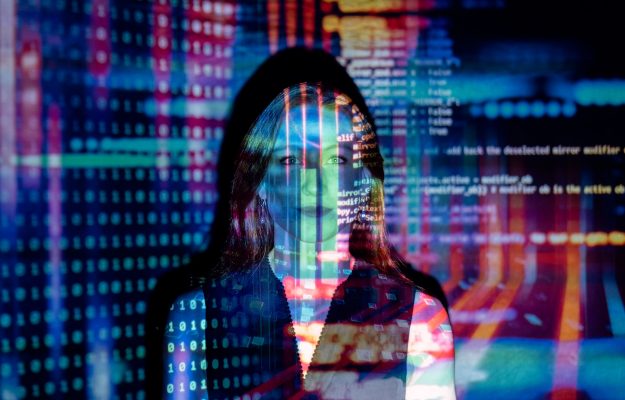Artificial intelligence is already very present in everyone’s life, on smartphones, computers, home appliances, cars and so on. But the stop of the celebrated ChatGpt application, which, at least for the moment, is inaccessible from Italy, has brought the issue into the spotlight, between the potential and risks of an increasingly powerful tool, the need for clear regulations for its applications and so on. The wine world, with the Grandi Cru d’Italia, a club, led by president Valentina Argiolas (and executive vice-president Paolo Panerai), which, on the French model, brings together the most representative producers of the country’s wine excellence, who, for at least 20 years, have been producing wines with the highest ratings resulting from the intersection of the main and most authoritative Italian and foreign guides and magazines, has also been concerned about it. And it did so, at Vinitaly 2023, by “comparing” ChatGpt itself and some of the best Italian wine tasters such as Monica Larner, Italian editor of “The Wine Advocate”, Antonio Galloni (Vinous), Ian D’Agata, editors in chief of “Terroir Sense”, Master of Wine Gabriele Gorelli. Because by now, even ChatGpt, when questioned, knows how to give good answers in terms of “reviews”, or information, about vintages and wines, creating dialogues that, with its algorithm, “fishes” among the rivers of words that pour onto the web every day. And, when asked by the tasters themselves whether artificial intelligence will ever replace the human experience in tasting, the answer was, of course, no.
Because if the avatar created with “generative artificial intelligence” was able to perfectly summarize the weather conditions leading up to the 2022 Chianti Classico vintage, Monica Larner provided a preview of the vintage: “wines of 2022 will give us the opportunity to really test the official sub-areas that the appellation has so diligently introduced, after decades of hard work and research. My prediction is that the Chianti Classico of 2022 will lead to a discussion that goes beyond the standard wine critics of Sangiovese. Instead, the discussion will focus on creating an operational definition of what Chianti Classico is as a whole”. According to Ian D’Agata, wine critic settled in China for years now, “China is very interested in artificial intelligence and continues to make significant investments. In 2030 China is likely to be a leader in AI”. D’Agata recounted that there are already several restaurants where food is cooked and served by robots, albeit supervised by a human, and still there are places where it is possible to reproduce the sensory experience of taste, through an algorithm, allowing different people to experience the same moment. Gabriele Gorelli, Italy’s only Master of Wine, argued that artificial intelligence would certainly make his studies to become a Master of Wine different, but not better: “it is critical thinking that is important, understanding the reasons why things happen”. Still, connecting from New York, Antonio Galloni, founder Vinous, addressed the fact that we already live immersed in technology, but AI can never replace the human experience of journalists and wine critics or even the passion of a producer in creating a wine: “technology is a tool and the final results depend on how we use this tool”.
Copyright © 2000/2026
Contatti: info@winenews.it
Seguici anche su Twitter: @WineNewsIt
Seguici anche su Facebook: @winenewsit
Questo articolo è tratto dall'archivio di WineNews - Tutti i diritti riservati - Copyright © 2000/2026







































































































































































































